For the past few weeks, Canadians ordering from McDonald's have had a new choice on the menu: an Angus burger certified to meet environmental, social and animal welfare criteria set by the Canadian Roundtable for Sustainable Beef.
The organisation, which brings together industry and environmentalists, drew up two sets of standards – one for farmers and one for processors. For example, farmers must adhere to a list of good environmental practices in terms of water protection, soil health and greenhouse gas emissions. Independent audits then verify their compliance. So far, not much difference with Irish quality assurance schemes.
When our producers are audited, it's not a pass or a fail
The first innovation lies in the outcomes of inspections.
"When our producers are audited, it's not a pass or a fail," said Deborah Wilson of Beef Information Exchange, the traceability company implementing the scheme. Instead, evalluation focuses on continuous improvement through a range of possible results – from the basic "achievement" required to enter the scheme to the top-rate "excellence". "Every year you have to make things better," said Wilson.
More importantly, farmers receive a direct financial reward for their participation. Retailers such as McDonald's buy credits for the right to use the branding and the marketing claims associated with the certification. Cargill, the processor and wholesaler participating in the project, sells the credits as it sells the meat.
Every quarter, the project shares the money collected from credits between the number of certified carcases. It then makes an equal payment per head to each farmer who raised any of the certified animals at any point during its life. Traceability is ensured through EID tagging, with one caveat: if an animal moves to a non-certified farm or factory during its life, the certified farmers who raised it before or after that point lose the benefit of the credit for this animal.
"It's a little bit of luck," said farmer Kristine Tapley, who took part in designing the project and has become certified, but has not yet had cattle benefit from the payment.
"Some strides that we need to take now is how do we communicate between those operations, so that we can get a pathway through the system where we have less animals falling out."
Wilson said that the project returned payments of €6.64/head in its first quarter, €13.36/head in its second quarter and €12.30/head in its third quarter. It is now on course to certify 3.5m pounds of beef in its fourth quarter.
"Even the $10/head (€6.64/head) payment would be awesome," said Tapley.
The entire process is controlled and funded by private sector participants.
Read more
Better genetics to drive 13% cut in beef emissions – ABP
Global sustainability summit for beef
For the past few weeks, Canadians ordering from McDonald's have had a new choice on the menu: an Angus burger certified to meet environmental, social and animal welfare criteria set by the Canadian Roundtable for Sustainable Beef.
The organisation, which brings together industry and environmentalists, drew up two sets of standards – one for farmers and one for processors. For example, farmers must adhere to a list of good environmental practices in terms of water protection, soil health and greenhouse gas emissions. Independent audits then verify their compliance. So far, not much difference with Irish quality assurance schemes.
When our producers are audited, it's not a pass or a fail
The first innovation lies in the outcomes of inspections.
"When our producers are audited, it's not a pass or a fail," said Deborah Wilson of Beef Information Exchange, the traceability company implementing the scheme. Instead, evalluation focuses on continuous improvement through a range of possible results – from the basic "achievement" required to enter the scheme to the top-rate "excellence". "Every year you have to make things better," said Wilson.
More importantly, farmers receive a direct financial reward for their participation. Retailers such as McDonald's buy credits for the right to use the branding and the marketing claims associated with the certification. Cargill, the processor and wholesaler participating in the project, sells the credits as it sells the meat.
Every quarter, the project shares the money collected from credits between the number of certified carcases. It then makes an equal payment per head to each farmer who raised any of the certified animals at any point during its life. Traceability is ensured through EID tagging, with one caveat: if an animal moves to a non-certified farm or factory during its life, the certified farmers who raised it before or after that point lose the benefit of the credit for this animal.
"It's a little bit of luck," said farmer Kristine Tapley, who took part in designing the project and has become certified, but has not yet had cattle benefit from the payment.
"Some strides that we need to take now is how do we communicate between those operations, so that we can get a pathway through the system where we have less animals falling out."
Wilson said that the project returned payments of €6.64/head in its first quarter, €13.36/head in its second quarter and €12.30/head in its third quarter. It is now on course to certify 3.5m pounds of beef in its fourth quarter.
"Even the $10/head (€6.64/head) payment would be awesome," said Tapley.
The entire process is controlled and funded by private sector participants.
Read more
Better genetics to drive 13% cut in beef emissions – ABP
Global sustainability summit for beef




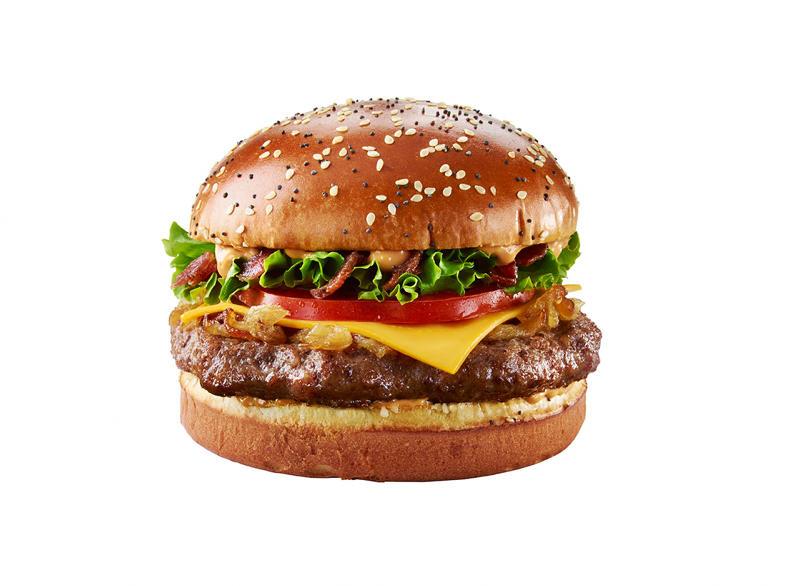
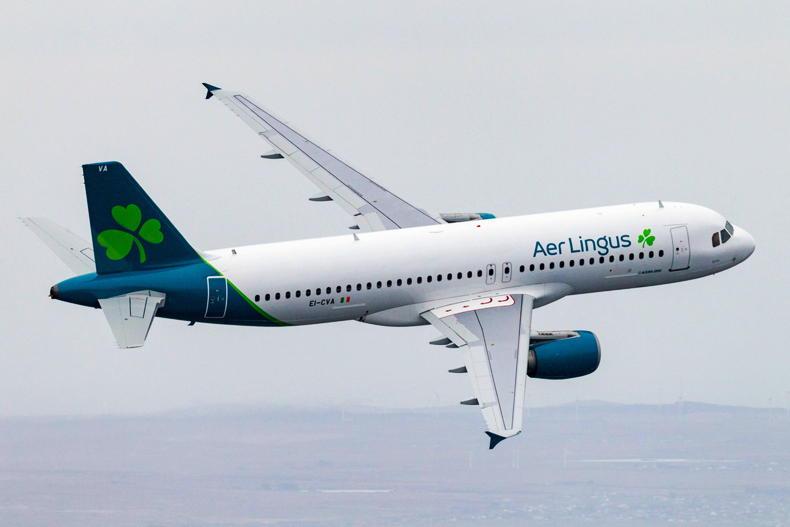

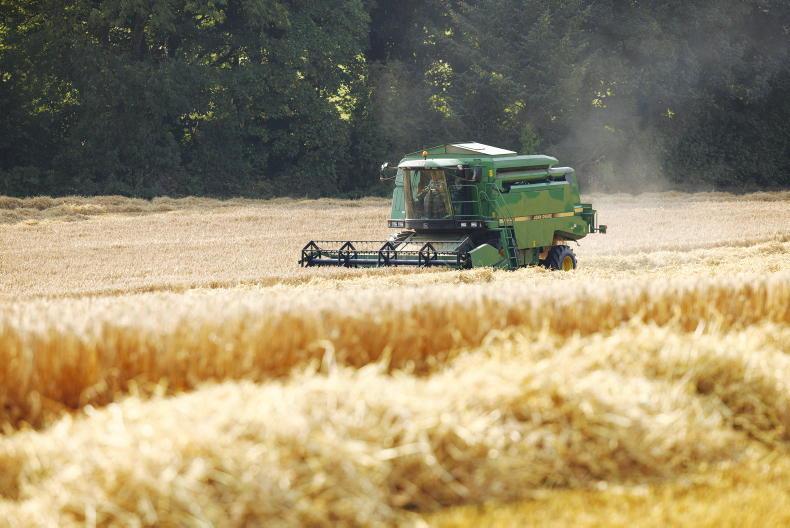
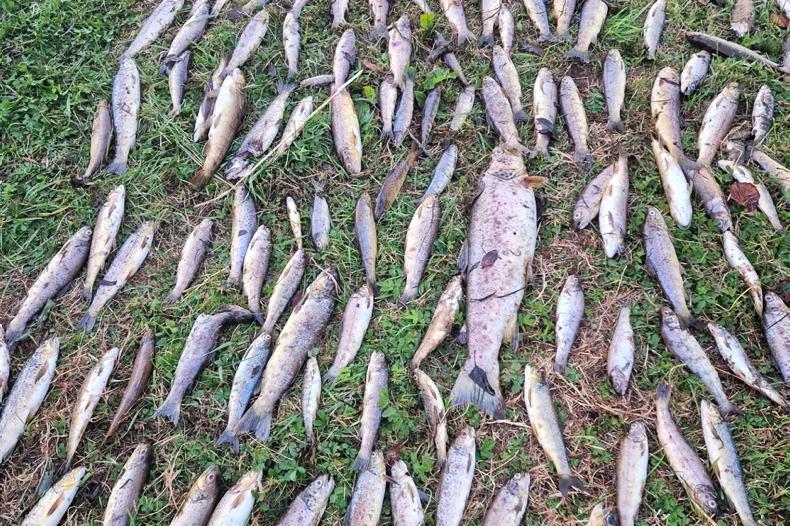
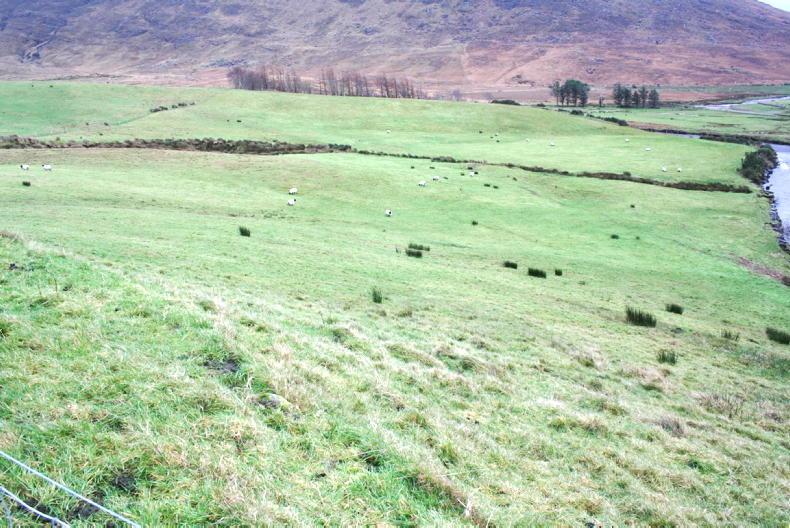
SHARING OPTIONS